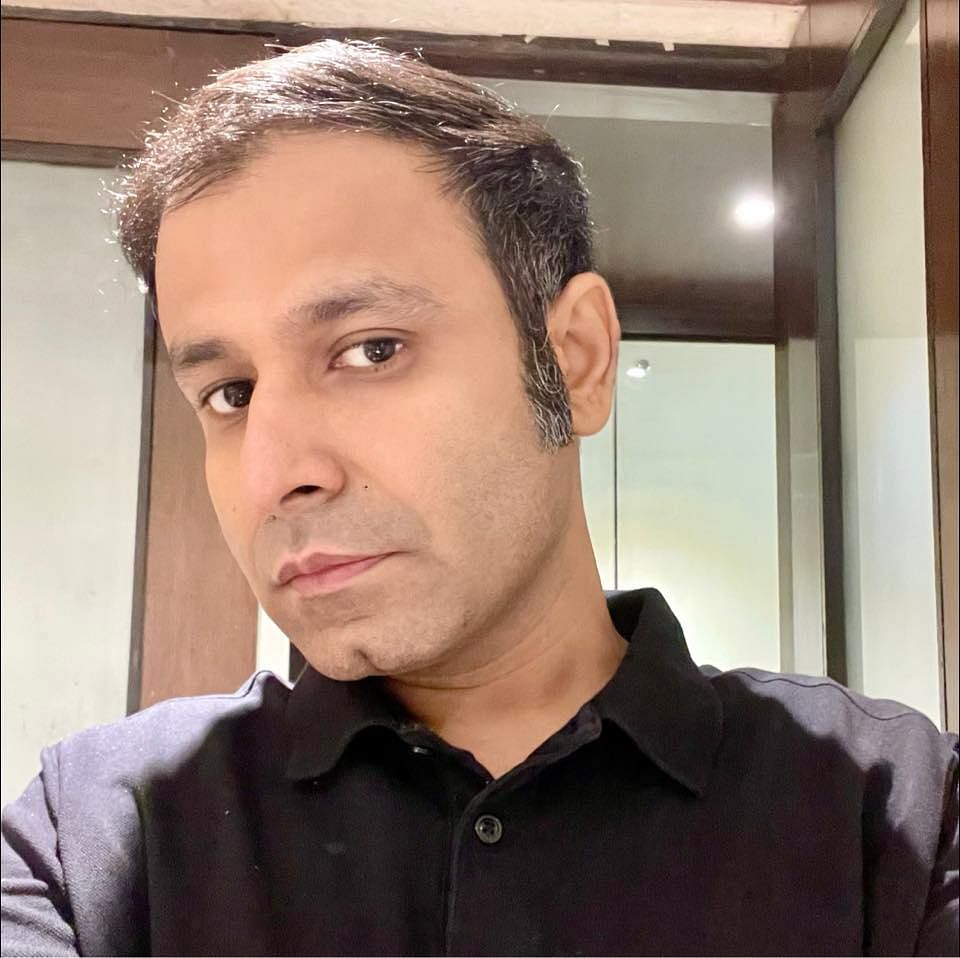
NEET scam puts focus back on youth unemployment
BJP, in its arrogance and hurry to control every institution, sought to colourise education. Numerous paper leaks and the Opposition's push to highlight those may yield some meaningful reforms, in the post-election’s scenario.
